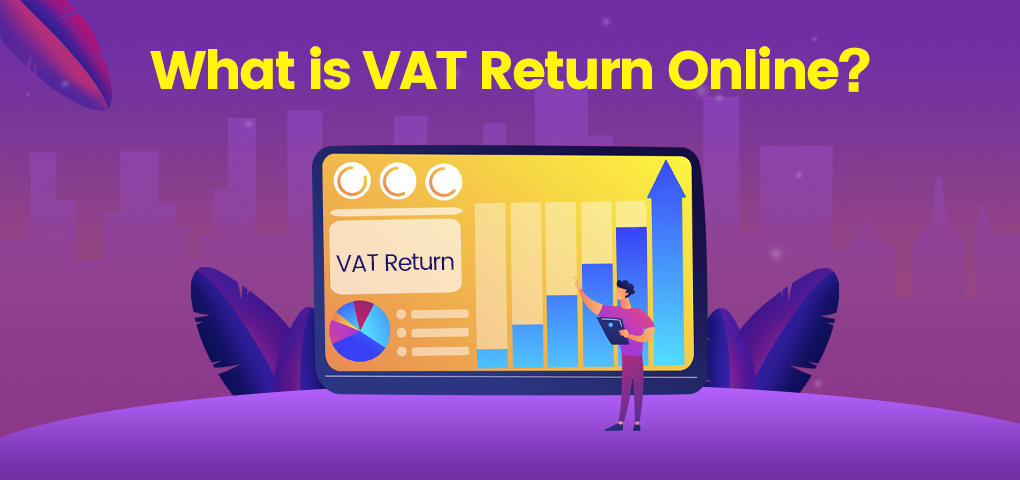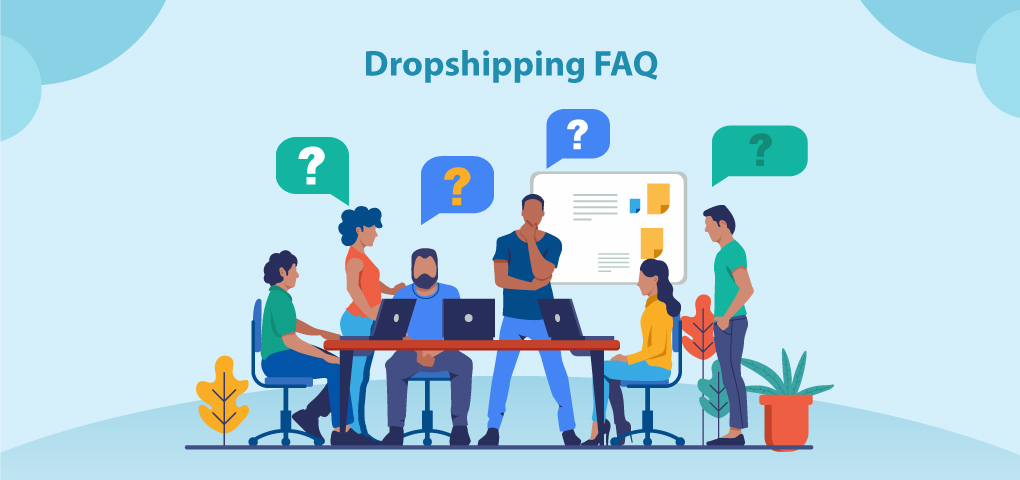A VAT Return works out the amount a company should pay to or be reimbursed by the HMRC. Most businesses submit a return once every year. However, you can do that quarterly as well. Apart from this, companies registered under the Annual VAT Accounting Scheme only need to file for their return once every year. This scheme is available for every firm with an accounted taxable turnover of less than £1.35 million.
What is VAT Return?
A Value-Added Tax (VAT) Return accounts for the amount you paid and expected to recover from HMRC (Her Majesty’s Revenue and Customs). Business owners can usually submit a VAT return to HMRC quarterly. This period of three months is known as the ‘accounting period.’ The VAT return reports for various things that occur in the accounting periods. These include:
- The total value of your sales and purchase
- The VAT amount you owe the authorities
- The VAT rebate you apply to avail.
- Amount of HMRC VAT returns you are applicable for.
Individuals who own businesses must know that they need to file VAT returns even if they have no amount to pay or are not applicable to reclaim. You will also be required to submit a final VAT return once you file to cancel your VAT registration number. The HMRC tax analysts will determine whether your business has become insolvent and subsequently send you the final paperwork.
How does a VAT Return Work?
The UK government allows VAT registered businesses to reclaim a part of the VAT they have paid on business purchases and expenses. However, it is preemptive that the claim must be for business activities. If your business is a charity or a non-profit organization, you pay the gross VAT amount at a reduced rate on some goods and services.
You must document all invoices to prove your claims and show that you have paid the VAT. Apart from this, you cannot reclaim VAT on the following services;
- Entertainment expenses
- Purchases made using VAT Flat Rate Scheme (This does not apply to the purchase of some capital assets worth more than £2000).
There are also special rules to working out VAT returns in some instances. These include:
- Cars, for instance, buying, repairing, or fuel costs
- Staff travel expenses in case of employee travel, transportation, and accommodation expenses
- If your business is a part of the list of partly exempted businesses from VAT
The Guide to Submitting a VAT Return
It is easy to complete and send your VAT return online. Take a cautious note that you cannot send your VAT return through your online account if you have signed up for “Making Tax Digital for VAT”. In such a scenario, use compatible accounting software instead to file for your return.
HRMC has issued brief guidelines for individuals who do not know what to put in each box in the VAT return form. You can also fill in your return if you are on the Flat Rate VAT scheme with HMRC. For business owners registered for VAT in Northern Ireland, they must include EU Sales on their VAT return and thoroughly complete an EC Sales List for official purposes.
You are exempted from submitting VAT return online unless you fall under the following three categories:
- Your business is currently undergoing a formal insolvency procedure. However, if you have a Company Voluntary Arrangement or an Individual Voluntary Arrangement, you can submit VAT return online if you want to.
- You cannot use a computer owing to some religious inclinations.
- Usage of a computer is out of your scope because of age, disability, or the region where you live (areas where internet access is not available).
You can contact the HMRC to know about the VAT return deadline. Apart from this, you can find out about the mandatory paperwork and forms that individuals need to fill to complete their VAT application online.
Submitting VAT Return Online
First things first, you will need your VAT number handy to register for a VAT account online. You can further submit your VAT return by availing HMRC’s website’s free services, including their commercial accounting software. Individuals must note that if they have signed up for “Making Tax Digital for VAT”, it is impossible to send their VAT returns online through the same account.
How to Get Online?
You can go through the following steps to register for a VAT return online.
- Keep your VAT number handy and register for an account online on HMRC’s website.
- Once you have signed up for an online account, click on ‘VAT Submit Returns’ to file for VAT return.
- You can also apply for a VAT number by logging into your online account.
HMRC offers their online VAT registration services for free so that individuals can conveniently submit their VAT returns. You can also use accounting software or accountants to ease up on your VAT calculations.
Accounting Software
You can also use accounting software to file for your VAT return. Most platforms allow users to submit their VAT returns to HMRC directly. This further means that you will not have to enter the figures in HMRC’s software again. However, the accounting software list that can be used to calculate the return is prescribed by the HMRC priorly. It is recommended that business owners keep any reference number they receive as proof that they have sent the return.
Business Accountants or VAT Specialists
You will always need to authorize their calculations before they can submit your VAT return to the HMRC. You can do this through your online VAT account. However, you can also visit them in person in case any discrepancies arise in the future due to contextual error in the figures or omission.
On the contrary, if you find yourself in a spot and require help, you can contact HMRC’s helpdesk to get assistance with filing your VAT return while obtaining necessary information about the VAT return form and VAT return dates.
In Conclusion
This article contains every available information that is there on VAT returns online. As a result, you can find all your queries answered in one place.




